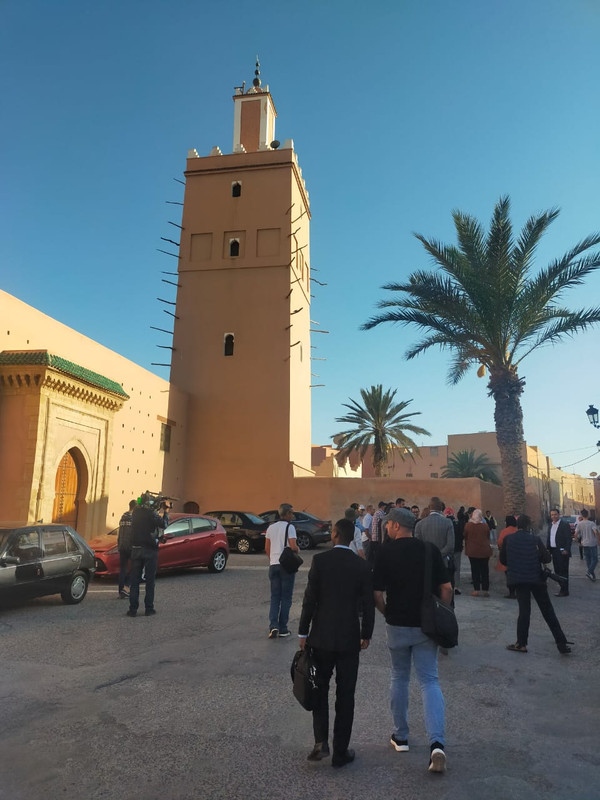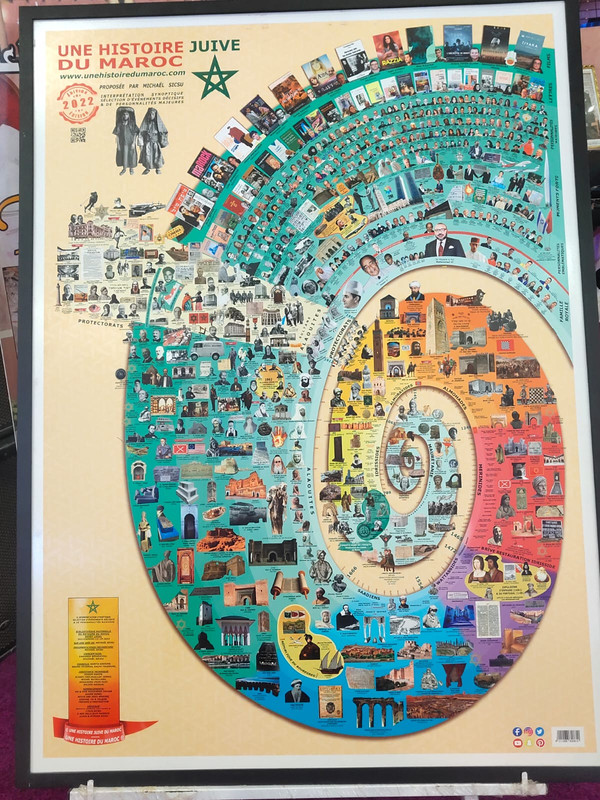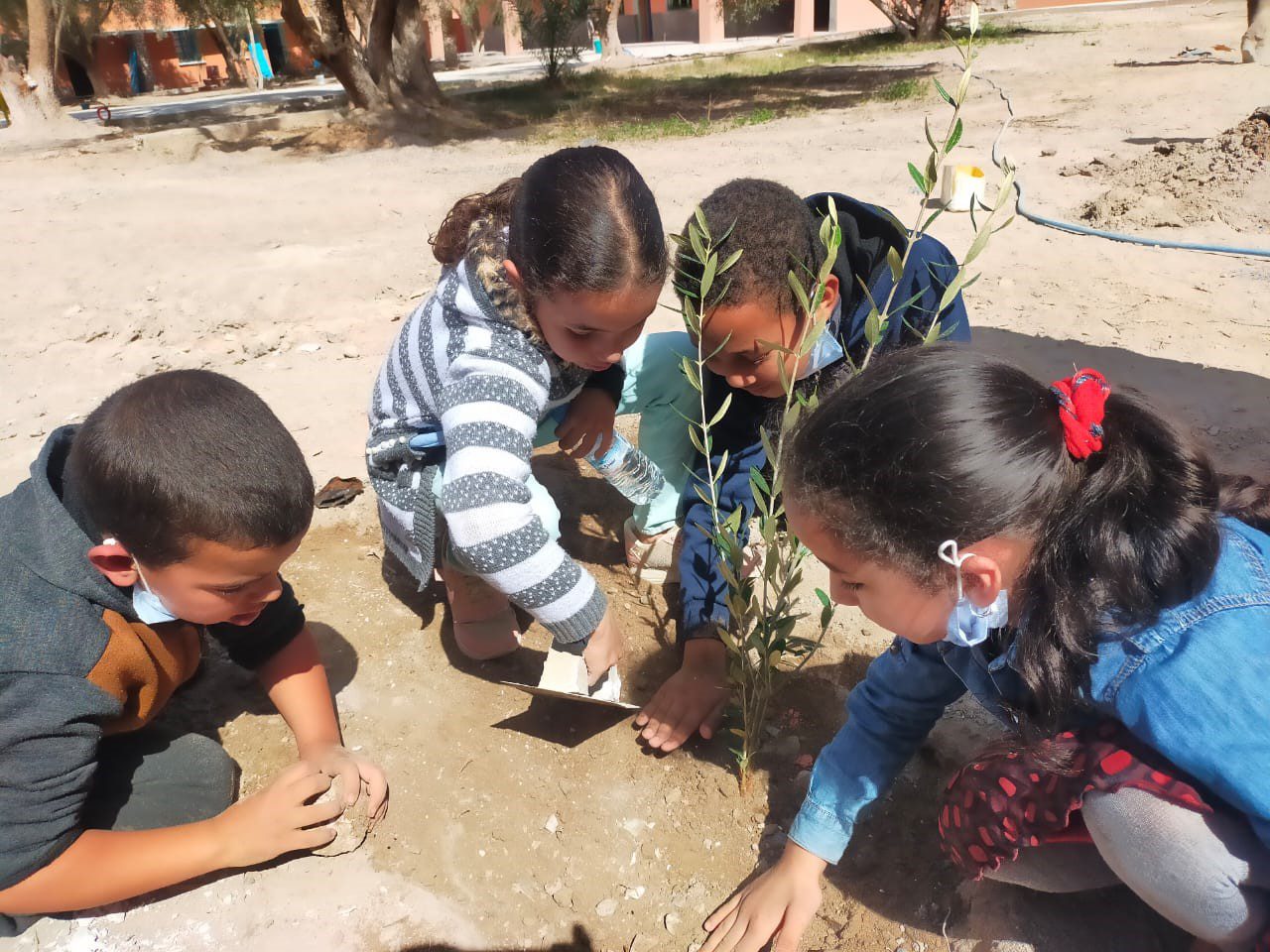By Ikbale Bouziane
HAF-Dakira Cultural Coordinator

Moroccan Jewish people’s material and moral conditions and cultural identity are important as a subject of study at this time given the significant role that Moroccan Jewish heritage plays in the tributaries that form the Moroccan identity.
According to today’s successful cultural development options, the Jewish dimension in Morocco’s history and heritage is at the heart of some cities’ territorial strategies in improving their attractiveness, including the city of Tiznit.
In fact, throughout the Kingdom’s history, the Moroccan Jewish people have been able to cultivate a collective identity, culture, and heritage in intimacy with Muslims within the framework of a shared destiny and future.
Morocco’s geographical location, position, political dynamism, and economic attractiveness have made it the home of the convergence of civilizations. Its evolutionary path imprints the features of synergy, coexistence and acculturation between a myriad of religious groups and cultures.
The tolerant spirit that characterized some periods of Morocco’s history, made Moroccan Jews even more involved in the politics and economy of the country. Not only that, they also had a distinguished presence in public life. They promoted notable cultural and intellectual Moroccan traditions, making the Kingdom a model to follow by nationstates in the region. Thanks to this harmony, the Moroccan Jewish model is cherished in the system of Jewish thought in general. And, this denies the claim of the absence of the Jewish groups from Morocco’s world of thought.

Efforts to dust off this multi-disciplined Jewish contribution have been relatively modest considering the richness of material available in collective memories and popular culture. The sustainability of Moroccan Jewish people’s experiences and skills in business, crafts, and trade is being valued and studied, causing a revival of culturally significant crafts and sites.
Based on the foregoing, a group of local researchers and experts conducted a scientific symposium in Tiznit due to its history as a stronghold of lively Jewish community since the end of the 19th century, investigating the topic as follows:
- Highlighting selections from the history of the Jewish people in Souss by presenting cases and models of jurisprudential calamities between Jewish people and Muslims in order to study and document the historical structure that created the conditions for involvement of Moroccan Jewish people in the world of thought and cultur
- Looking at aspects of the social history of Jewish people in Oued Noun—Guelmim and Yefren—to demonstrate manifestations of cultural continuity and renewal as seen through similarities in traditional women’s outfits, jewelry making, and cultural celebrations (i.e., weddings, circumcisions) between Jewish people and Muslims
- Examining the manifestations and idiosyncrasies of Moroccan Jewish cultural heritage and its approximation to current generations through local Jewish literacy (A Boy from Ifrane by Judeo-Moroccan novelist Asher Knafou and excerpts from a paper on Jewish funeral rites).
- Reuniting researchers in the field of Moroccan Jewish studies, and putting together updated documents on the developments related to this field of specialization by making recommendations and sharing upcoming publication titles.
This article was completed with the support of the United States Agency for International Development (USAID) Dakira Program, and the High Atlas Foundation is solely responsible for its content, which does not necessarily reflect the views of the USAID or the Government of the United States.






